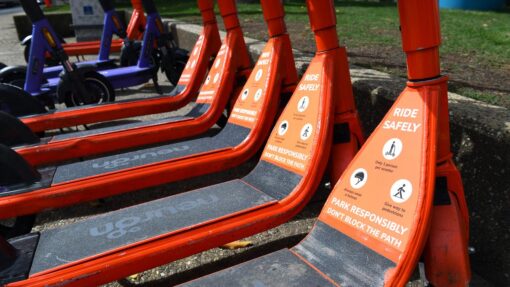ACTU urges private sector ‘wake-up call’ on gender gap
Andrew Brown |

Private sector companies need to take a bigger role helping to close the gender pay gap, the head of Australia’s peak union body has urged.
A report from the Australian Council of Trade Unions has shown new workplace laws and legislated pay rises in the aged care and early childhood sectors had helped to reduce the gender pay gap.
The pay gap between men and women is 11.5 per cent and has been falling at a rate of 1.3 per cent each year since 2022.
Pay rises for the public sector were a major factor behind the pay gap falling.
But private companies needed to do more to address the pay disparity, ACTU president Michele O’Neil said.
“This should be a wake up call for the private sector to look at their responsibility and put in place measures so that women are no longer disadvantaged,” she told AAP.
“It is unacceptable that in 2024 we have an 11.5 per cent gap, and even though it is closing at a faster rate, it shouldn’t exist at all.”
The removal of caps on public sector wages was a key factor in the improved pay conditions.
“A major contributor to wage stagnation in Australia over the past decade has caps on public sector wages, particularly under the coalition government at the federal level, but also at state level,” the report said.

Pay rises in highly feminised industries such as childcare were also a factor in the gap closing.
The federal government has legislated a 15 per cent pay rise for early childcare workers, which will be phased in over two years from December.
The report found industries such as media and telecommunications, accommodation and food services as well as administrative and support services had an increase in the gender pay gap.
The report was released on Tuesday to coincide with the time spent until the end of the year that women were effectively working for free because of the gender pay gap.
Ms O’Neil said increased transparency about wages in industries were helping to bring about pay equity.
“With the improved laws now, it could be the case that we have more opportunities to have better work arrangements, we could go further with that as well,” she said.
AAP


